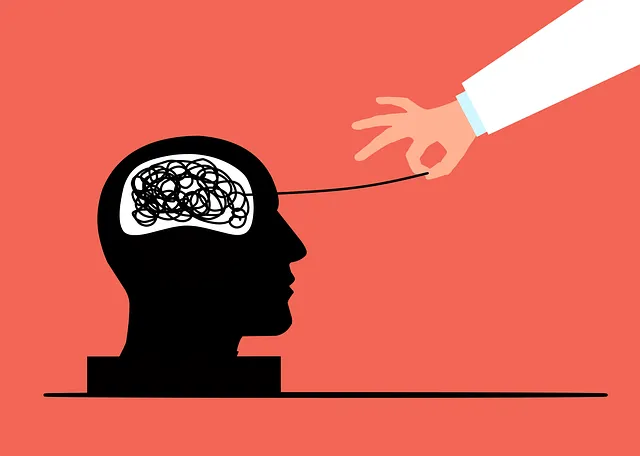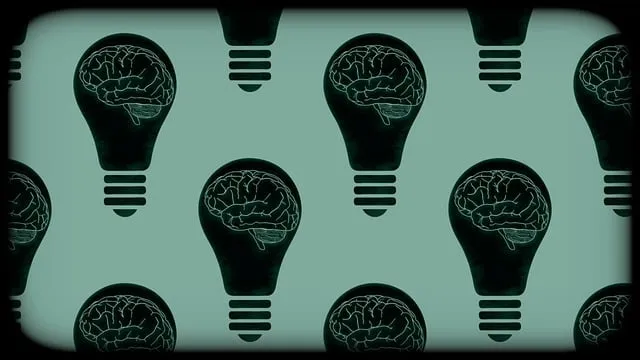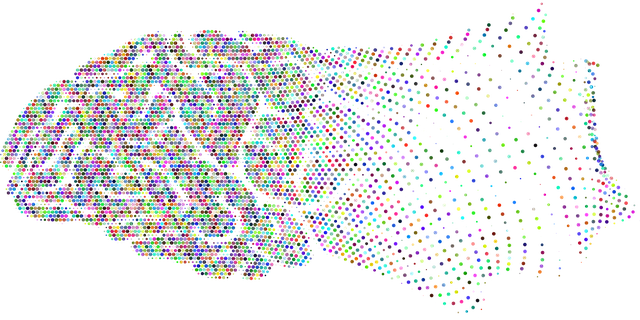Arvada Kaiser Permanente psychiatry stands out for its commitment to accurate mental illness diagnosis through innovative strategies. They combine clinical assessments, empathy-building, and education for patients and providers. Mindfulness meditation, advanced risk assessment tools, community outreach, and evidence-based practices minimize misdiagnosis risks and enhance overall mental health care. The integration of AI, digital platforms, and self-esteem improvement initiatives further supports precise diagnoses and personalized treatment plans tailored to individual patient needs.
Mental illness diagnosis accuracy is a critical aspect of healthcare, with significant implications for patient outcomes. This article explores the multifaceted efforts to enhance diagnostic precision, focusing on innovative practices at Arvada Kaiser Permanente’s psychiatry department. We delve into understanding the challenges, examining cutting-edge techniques and tools, and highlighting ongoing training programs that empower healthcare professionals. By adopting these strategies, the mental health landscape is being revolutionized, ensuring more effective care for all.
- Understanding the Challenges of Mental Illness Diagnosis
- Arvada Kaiser Permanente Psychiatry: A Leading Approach
- Innovative Techniques and Tools for Improved Accuracy
- Ongoing Training and Support: Empowering Healthcare Professionals
Understanding the Challenges of Mental Illness Diagnosis

Diagnosing mental illnesses accurately can be a complex task due to the intricate nature and diverse manifestations of various disorders. The process often involves sifting through a spectrum of symptoms, many of which may overlap across different conditions. This complexity is further exacerbated by the fact that individuals’ experiences and expressions of their inner turmoil can vary greatly, making it challenging for healthcare professionals to pinpoint specific diagnoses. For instance, what appears as anxiety in one person might resemble depression in another, adding layers of intricacy to the evaluation process.
At Arvada Kaiser Permanente, the psychiatry department recognizes these challenges and has been actively contributing to improving diagnosis accuracy through innovative strategies. They emphasize the importance of not only clinical assessments but also empathy-building techniques and mental health education programs designed to foster better understanding among both patients and providers. Mindfulness meditation, for example, is increasingly integrated into treatment plans, helping individuals manage symptoms and promoting more precise diagnoses by enhancing self-awareness and communication with healthcare professionals.
Arvada Kaiser Permanente Psychiatry: A Leading Approach

Arvada Kaiser Permanente Psychiatry stands as a beacon of hope and precision in mental health diagnosis, setting a leading example for the industry. Their innovative approach integrates cutting-edge research with patient-centric care, ensuring accurate assessments and personalized treatment plans. The team employs advanced risk assessment tools tailored by mental health professionals to accurately identify even subtle symptoms, thereby reducing the prevalence of misdiagnosis often associated with mental illness.
Beyond clinical excellence, Arvada Kaiser Permanente Psychiatry actively contributes to Mental Illness Stigma Reduction Efforts through comprehensive community outreach programs. These initiatives aim to educate and empathize, fostering a supportive environment where individuals can openly seek help without fear of judgment. The implementation of such programs underscores the organization’s commitment not only to improving diagnosis accuracy but also to fostering mental wellness within the community.
Innovative Techniques and Tools for Improved Accuracy

In an effort to enhance mental illness diagnosis accuracy, Arvada Kaiser Permanente psychiatry has been at the forefront of implementing innovative techniques and tools. These advancements go beyond traditional methods, leveraging modern technology and evidence-based practices to ensure more precise assessments. One such tool is the integration of artificial intelligence (AI), which can analyze vast amounts of patient data, including medical history, symptoms, and behavioral patterns, to assist clinicians in making informed decisions. Additionally, digital platforms offering Burnout Prevention Strategies for Healthcare Providers are helping maintain a balanced perspective, thereby improving overall diagnosis accuracy.
Furthermore, Mental Wellness Journaling Exercises Guidance has been introduced as a complementary approach. Encouraging patients to track their thoughts and emotions allows clinicians to gain deeper insights into symptoms not readily apparent during sessions. This self-reflection facilitates more nuanced diagnoses and tailored treatment plans. Similarly, initiatives focused on Self-Esteem Improvement provide patients with tools to better communicate their experiences, leading to more accurate interpretations of mental health states and enhancing the diagnostic process.
Ongoing Training and Support: Empowering Healthcare Professionals

At Arvada Kaiser Permanente, psychiatry continues to be at the forefront of mental illness diagnosis improvement efforts. Through ongoing training and support initiatives, healthcare professionals are empowered to provide more accurate and effective care. These programs focus on staying updated with the latest research, integrating innovative diagnostic tools, and fostering a culture of continuous learning within the organization.
The integration of Public Awareness Campaigns Development, Crisis Intervention Guidance, and Mental Health Education Programs Design plays a pivotal role in this process. By enhancing mental health literacy among providers, these initiatives ensure that diagnoses are based on comprehensive knowledge and evidence-based practices. This approach not only improves diagnosis accuracy but also allows for more personalized treatment plans tailored to individual patient needs.
Mental illness diagnosis accuracy has seen significant advancements through innovative techniques, ongoing training, and supportive healthcare infrastructure. As evidenced by Arvada Kaiser Permanente’s successful psychiatry practices, integrating cutting-edge tools and continuous learning can substantially improve outcomes for patients living with mental health conditions. These efforts not only enhance diagnostic precision but also foster a more compassionate and effective healthcare system.






